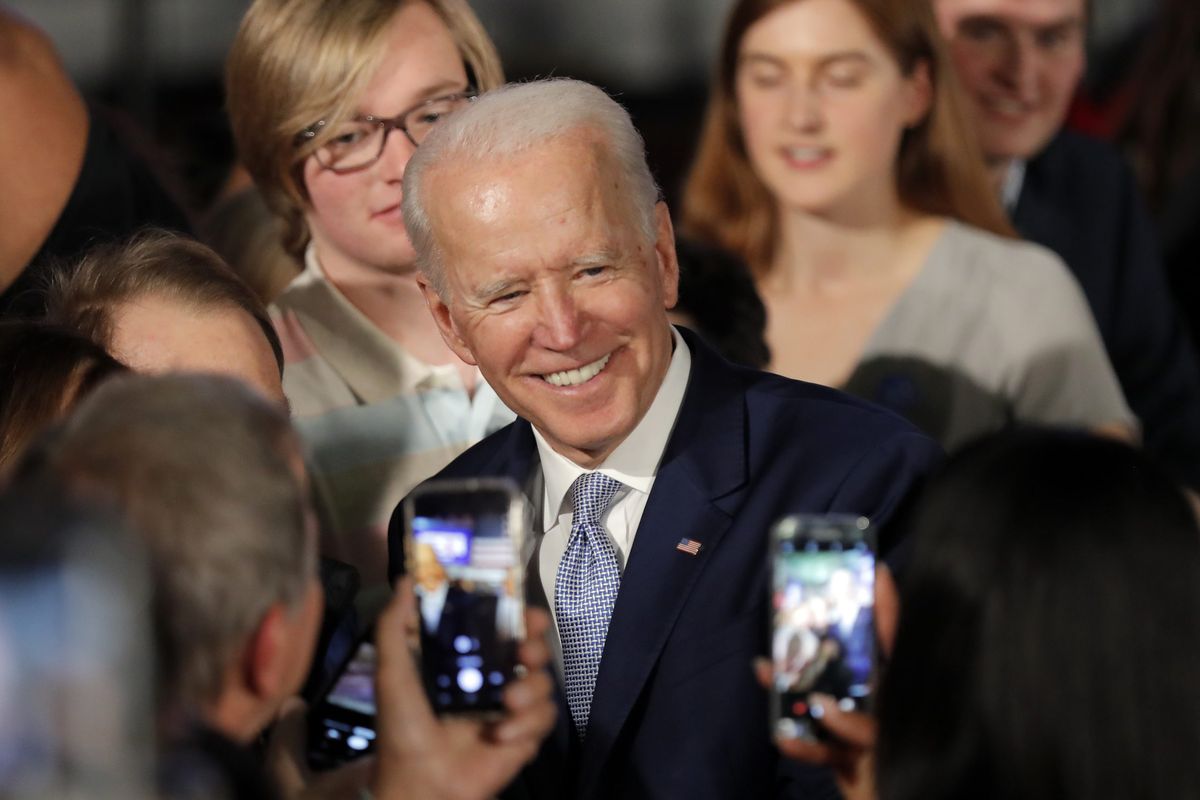Is social media ready for the 2020 election?

A few minutes every morning is all you need.
Stay up to date on the world's Headlines and Human Stories. It's fun, it's factual, it's fluff-free.
In the wake of the 2016 election in the United States, social media giants like Facebook, Inc, YouTube, Inc and Twitter, Inc spent billions of dollars trying to bolster their platforms to be able to withstand manipulation from bad-faith actors seeking to push their agendas.
The job has reportedly been much tougher than simply going after Russian troll farms. Not only are international groups looking to influence foreign elections, a bevy of domestic groups working on behalf of political candidates or causes – although not necessarily in collaboration with them – sometimes veer into posting misleading or verifiably false content.
Social media companies are hardly the only ones bolstering their defenses. Instead of directly buying ads, dubious international actors are funneling their efforts and resources into making election manipulation more difficult to detect, including through the use of more sophisticated bots to mimic real people.
But as digital communication becomes ever more ubiquitous, even candidates themselves are pushing the limits of ethical conduct on social media.
Earlier this year, presidential candidate Mike Bloomberg employed a well-funded social media arm of his campaign to engage in, at times, questionable methods. These included hiring people to write supportive posts on social media, paying well-known personalities to push his candidacy and even posting a digitally-altered version of a primary debate clip that portrayed him in a positive light.
Some say that the battle over social media will be an ever-evolving game of cat-and-mouse between those who run the platforms and those who seek to abuse them.
“They’ve [social media] built defenses for past battles, but are they prepared for the next front in the war?” asked Laura Rosenberger, the director of the Alliance for Securing Democracy, a think tank that works to counter foreign interference in elections earlier this year.
“Anytime you’re dealing with a sophisticated actor, they’re going to evolve their tactics as you evolve your defenses,” she added.
Afraid to tip the scales
In addition to unveiling new algorithms and detection methods to weed out false content and reduce online echo chambers, social media companies have recently flirted with more direct approaches to combat misleading information from politicians themselves, albeit hesitatingly.
In the past year, Facebook, YouTube and Twitter have either flagged or taken down posts from President Donald Trump over content relating to the protests over the death of George Floyd and the coronavirus.
Despite the moves, some Facebook employees have publicly criticized the company for not doing more to actively combat misleading or outright false information from politicians. Pushing against an escalation of content monitoring from politicians, however, is an ethos from social media executives that the platforms should be tools for free speech.
Facebook executive Andrew Bosworth argued in an internal memo reported on by The New York Times in January that Facebook has a moral obligation to refrain from using its power to tip the political scales in any direction.
Bosworth used a reference from J.R.R. Tolkien’s “The Lord of the Rings” trilogy to explain why social media needs to tread carefully with flagging or removing political content.
“Specifically when Frodo offers the ring to Galadrial [sic] and she imagines using the power righteously, at first, but knows it will eventually corrupt her … as tempting as it is to use the tools available to us to change the outcome [of an election], I am confident we must never do that or we will become that which we fear,” he wrote.
Looking toward November 3
With the US presidential election just over two months away, social media is bracing itself for the final onslaught of attempts to manipulate the electorate during this cycle. In addition to the concerns over fake and misleading content, however, are newer worries that President Donald Trump might use his social media platform to cast doubts on the outcome of the election.
According to a recent report by The New York Times, Facebook is running through a set of contingency plans if a close or otherwise disputed election leads to the platform being used by Trump and his allies to seek to invalidate it.
Despite the penchant for operating the website as a platform for free speech, one of the ideas reportedly being floated by Facebook is temporarily halting political ads immediately following the election.
Given the concerns surrounding COVID-19 in the US, the prospect of widespread mail-in voting could potentially lead to a longer vote counting period.
While Zuckerberg has been clear that posts related to voting are allowed on the platform so long as they aren’t misleading or false, there is also concern that candidates or commentators might call the election for certain candidates early and without confirmation, which could lead to confusion.
Facebook claimed that it could put flags on such posts if misleading results are published on the platform. But the company also said that policies for the election are still being evaluated by the company.
According to Guy Rosen, vice president of integrity at Facebook, the company is looking at potential responses to a host of possible problems in the lead-up and immediate aftermath of the election.
“In this fast-changing environment, we are always … working with partners to understand what are the next risks,” he said.
Have a tip or story? Get in touch with our reporters at tips@themilsource.com




Comments ()